Cat Bleeding From Mouth: Here's What You Need to Know
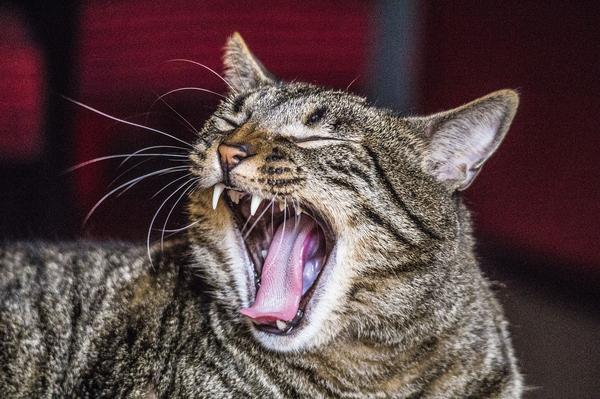
Do you taste that metallic tang in the air?
The flavor of worry and concern that lingers on your tongue?
It's a taste that no cat parent wants to savor. 😔
But fear not, because I've got the answers you're seeking.
Keep reading.
Causes of Bleeding From the Mouth in Cats
When your cat starts to bleed from the mouth, it can be really worrisome.
There's a bunch of different reasons for it, so let's break it down:
- One common reason is dental disease. Swollen gums and mouth sores can make the bleeding happen.
- Taking care of your cat's teeth is vital because poor hygiene can make dental issues worse.
- Infections like feline stomatitis or gingivitis can also cause bleeding in their mouths.
- If your cat gets into accidents or fights with other animals, that trauma can lead to bleeding.
- Sometimes cats swallow things they shouldn't, which can get stuck in their mouths and cause bleeding.
- Cats can have oral cancer too, so bleeding could be a sign of tumors or other forms of cancer.
- It's essential to consider underlying medical conditions like bleeding disorders or problems with blood vessels.
- When cats have nosebleeds, it could be a really serious condition, so they might need more tests done.
- Bleeding from the ears can happen if your cat has ear mites, hematomas, or if they injure that area.
- Internal bleeding is no joke. It can cause pain, weakness, trouble breathing, and even death. You gotta get them to the vet right away.
Don't take any chances.
If you see your cat bleeding from the mouth, ears, or suspect internal bleeding, rush them to the vet ASAP. 😷
Main points I'll expand upon further down this article:
- Veterinary attention is crucial for cats with bleeding from the mouth.
- Diagnostic tests may be conducted to identify the cause of the bleeding.
- Treatment options vary depending on the cause, such as dental cleaning or surgery.
- Stomatitis, a common cause of mouth bleeding, may be managed with antibiotics and tooth extraction.
- Regular dental care is important for maintaining oral health in cats.
- Prevention involves regular toothbrushing, dental treats, and maintaining good dental health.
- Indoor living can reduce the risk of trauma that may lead to bleeding.
- Early detection is important for possible interventions for oral tumors.
- Chattering teeth in a cat may suggest oral pain, which requires vet attention.
- Gingivitis and stomatitis are common conditions that can cause bleeding in cats' mouths.
But what can you do if your cat is experiencing bleeding from the mouth?

Well, in some cases, antibiotic therapy may be necessary to manage infections causing the bleeding.
However, seeking veterinary attention is crucial, especially if there are other abnormal signs or major injuries involved.
In the next section, we'll discuss various treatment options and diagnostic tests that can help identify the underlying cause of the bleeding.
Stay tuned to learn how you can ensure your furry friend receives the care they need!
Treatment for Bleeding From the Mouth in Cats
Seeking veterinary attention is crucial when your cat is bleeding from the mouth.
You should definitely have a professional examine it, even if it seems minor.
Mouth bleeding in cats can be caused by small cuts or abrasions, but there could also be more serious injuries or underlying health issues.
When you take your cat to the vet, they will do a thorough physical exam to see how extensive the bleeding is and check for any other symptoms. They may need to do some diagnostic tests like lab work or x-rays to figure out what's causing the bleeding.
This helps them determine the best way to treat it.
The treatment options for mouth bleeding in cats depend on the underlying cause.
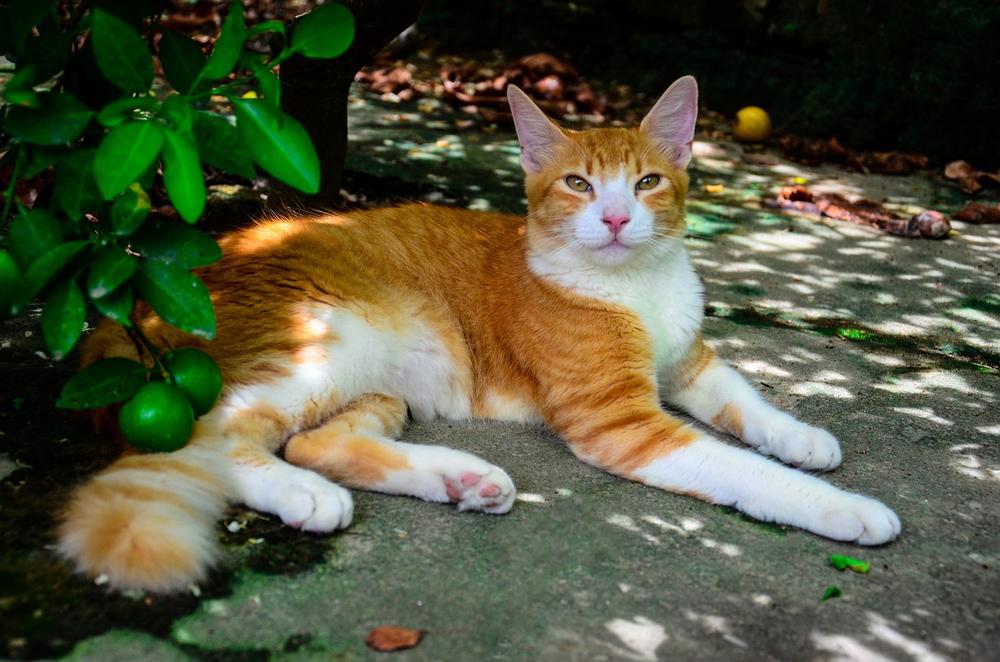
So you have to find out what's really going on before starting any treatment.
Your cat might need dental cleaning, viral testing, wound care, antibiotics, surgery to remove a tumor, or just palliative care.
For example, if your cat has stomatitis, which is a painful inflammation of the gums, they might need antibiotics, steroids, and even tooth extraction in severe cases.
But don't worry, even without teeth, cats with stomatitis can still eat well. They may just need softer food or moistened dry food.
It's also vital to regularly take care of your cat's teeth to keep their oral health in good shape.
This includes getting cleanings and x-rays done on a regular basis.
And here's what you need to know about preventing the risk of bleeding from your cat's mouth:
Prevention of Bleeding From the Mouth in Cats
To keep your cat from bleeding out of its mouth, follow these strategies:
- Brush their teeth regularly to avoid gum disease, decay, and the risk of bleeding.
- Give them dental treats or use additives that promote oral hygiene, so plaque and tartar don't build up and cause bleeding gums.
- Feed them high-quality food and steer clear of chicken bones or anything else that could splinter and harm their teeth.
- Keep your cat indoors to prevent potential trauma like fights with other animals or accidents that could lead to bleeding.
- Stay vigilant for signs of oral tumors by checking for any unusual growths in your cat's mouth. Early detection is crucial, so seek veterinary advice promptly if you notice anything.
- Make sure your vet includes a thorough oral examination during your cat's routine check-up. This helps identify any dental problems or potential causes of bleeding early on.
Prevention is key when it comes to your cat's oral health. 👁
By taking these steps and consulting with your veterinarian, you'll keep their mouth healthy and minimize the risk of bleeding.
And now, let's shift our focus to another important aspect...
Home wound care for cats.
Whether it's a small sore, bite, or bleeding claw, knowing how to handle these situations can be crucial for your furry friend's well-being:
Cat Bleeding From a Wound
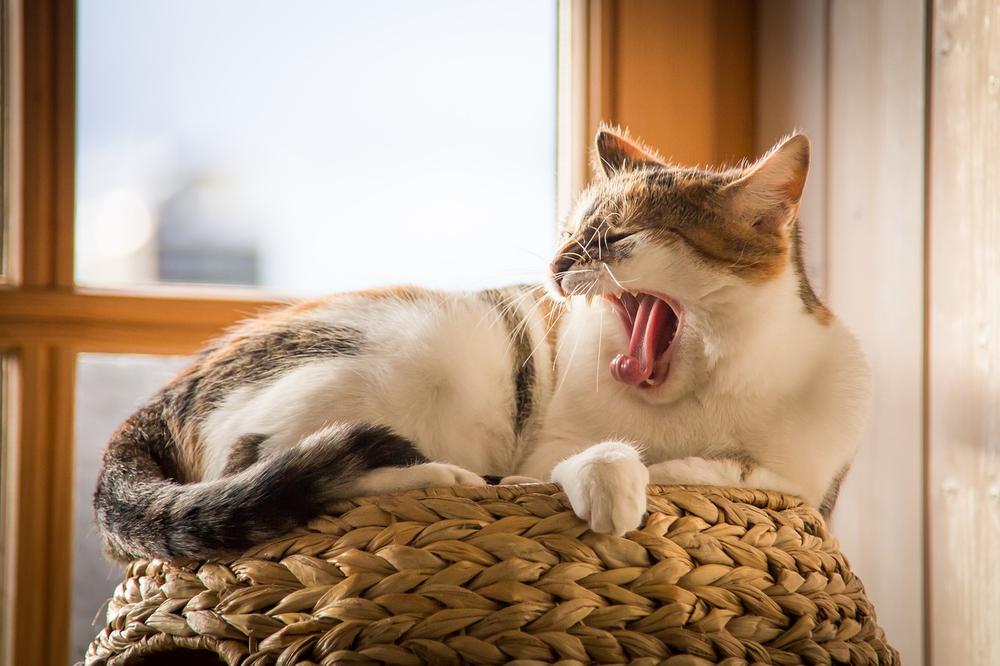
If your cat is bleeding, here's what you can do to help them at home.
- Check how bad the bleeding is: If it's not too bad, you can handle it yourself.
- Put gentle pressure on the wound: Use a clean cloth or gauze and press it lightly on the wound to stop the bleeding.
- Clean up the wound: Once the bleeding is under control, use a saline solution to clean the wound. Just don't use hydrogen peroxide or Dettol because they're not good for your cat.
- Keep an eye out for infection signs: Look for redness, swelling, discharge, or a funky smell coming from the wound. These could mean there's an infection going on. Get your cat to the vet if you see any of these symptoms.
- Don't mess around with serious wounds: If the wound is longer than 1 inch or there's a lot of bleeding, don't play hero - take your cat to the vet immediately.
Keep an eye on your cat's wounds and get professional advice when you need it. 😺
What Is Stomatitis in Cats?
Feline stomatitis - a painfyl, mouth and gum inflammation in cats, An abnormal immune response prompts this condition.
It can manifest in various areas of the mouth,
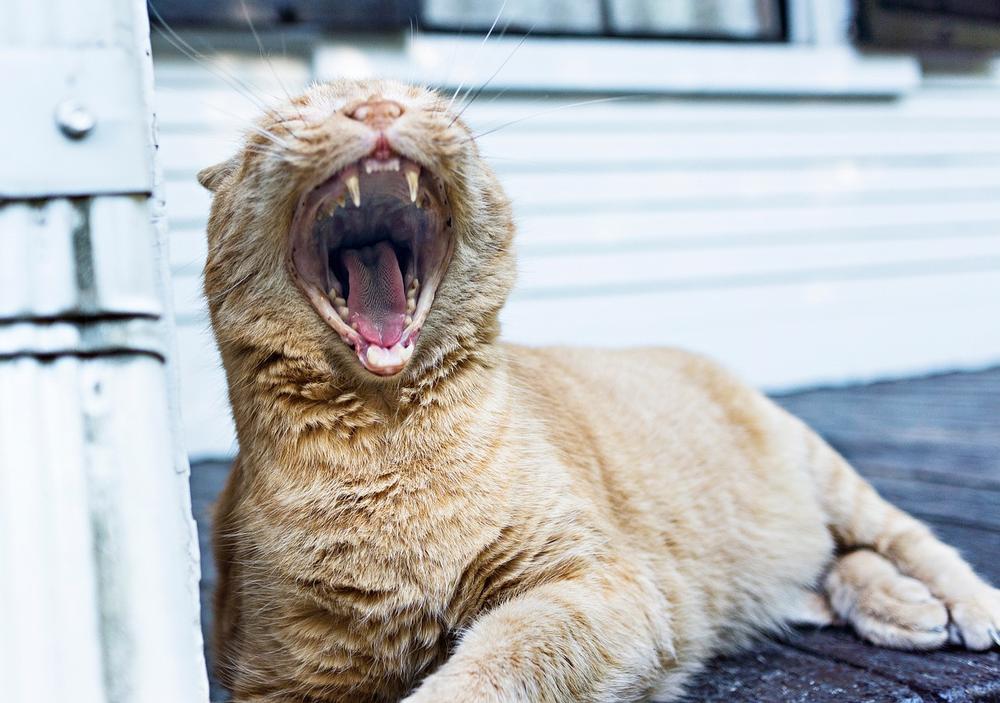
Gingivitis specifically signifies gum inflammation.
Cats across all breeds and ages may experience this,
With two main types of inflammation:
One impacting the gums around teeth, And the other at the meeting point of upper and lower jaws.
What Causes Stomatitis in Cats?
| Causes | |
|---|---|
| Viral Infections | Calicivirus and herpesvirus contribute to the development of stomatitis in cats. These viral infections can lead to severe gum and mouth inflammation. |
| Plaque Buildup | Plaque buildup is another factor that is believed to contribute to stomatitis in cats. When plaque accumulates on the teeth and gums, it can lead to inflammation and discomfort. |
| Other Risks | Cats with underlying health conditions may be more susceptible to developing stomatitis. Factors such as a weakened immune system, poor dental hygiene, and genetic predisposition can increase the risk of stomatitis in cats. |
Cats can have a serious condition called stomatitis, which makes them bleed from the mouth.
Ever wondered what causes this in our furry friends?
Viral infections like calicivirus and herpesvirus are to blame.
These viruses can increase the chances of cats developing stomatitis and bleeding.
Another factor is feline oral resorptive lesions (FORLs) that eat away at your cat's teeth and cause severe inflammation in their gums and mouth.
We don't know the exact cause yet, but experts think viral infections and plaque buildup are involved.
Not only do these causes put cats at risk, but they also affect around 4% of affected cats.
Diagnosing stomatitis is usually through a cat's health history and physical examination.
Vets might recommend more tests to rule out other possibilities.
Interestingly, cats with kidney failure could also have problems in their mouths, like sores and breath that smells like ammonia or urine. But let's focus on stomatitis for now. As the condition progresses, immune system viruses can make it worse over time.
And did you know that cat sneezing can sometimes be a sign of underlying health issues? If you're looking for answers about the causes and potential concerns related to cats sneezing, I recommend checking out my blog post on Cats Sneezing.
In it, you'll find valuable insights and information to put your mind at ease.
Understanding these issues can help you take better care of your furry friend.
What Are the Symptoms of Stomatitis in Cats?
Watch out for these signs that your cat might not be feeling well.
Cats can sometimes hide their discomfort, so it's up to you to keep an eye on their behavior.
If your cat seems irritable, isn't eating or grooming themselves, or is swatting at their food bowl, they could be experiencing some kind of discomfort.
One possible cause of this is stomatitis.
Be alert for these additional symptoms indicating a potential problem.
Pay attention if your cat has been shaking their head a lot or pawing at their mouth.
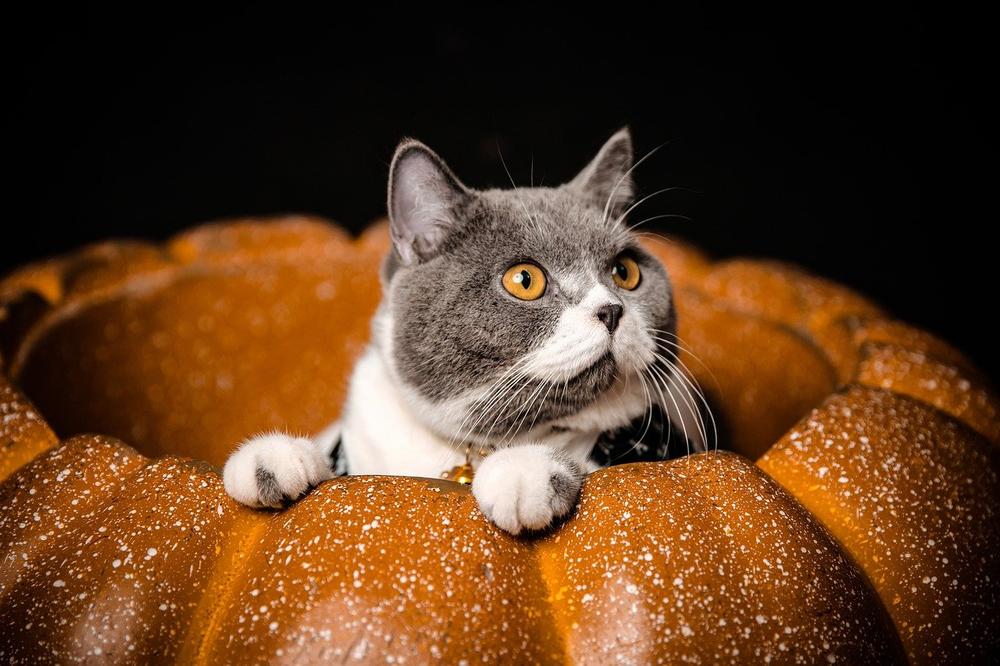
These behaviors can be signs that something's wrong.
Other common symptoms include difficulty eating, lethargy, inflamed and swollen gums, and ulcers. But wait, there are more things to watch out for:
- Rapid weight loss
- Decreased grooming
- Bad breath with a foul stench
- Bright red and easily bleeding gums
- Drooling and excessive swallowing
- Chattering teeth or pawing at the face
- A thin appearance or matted hair
- Being underweight
- Retained kittens or placentas in female cats
- Uterine infection
- Swelling, pain, and foul odor associated with dental issues
Regularly monitor your cat's condition.
Treating stomatitis can be a process, and even after treatment, it may come back.
That's why you need to keep a close eye on your furry friend.
If any symptoms come back or worsen, seek veterinary care. Your cat's health deserves all the attention it can get.
And that wraps up today's article.
If you wish to read more of my useful articles, I recommend you check out some of these: How Much Does It Cost to Spay a Cat, Why Is My Pregnant Cat Not Eating, Can Cats Paw Pad Change Color, Broken Pelvis in Cats, and Pale Gums in Cats
Talk soon,
-Sarah Davis